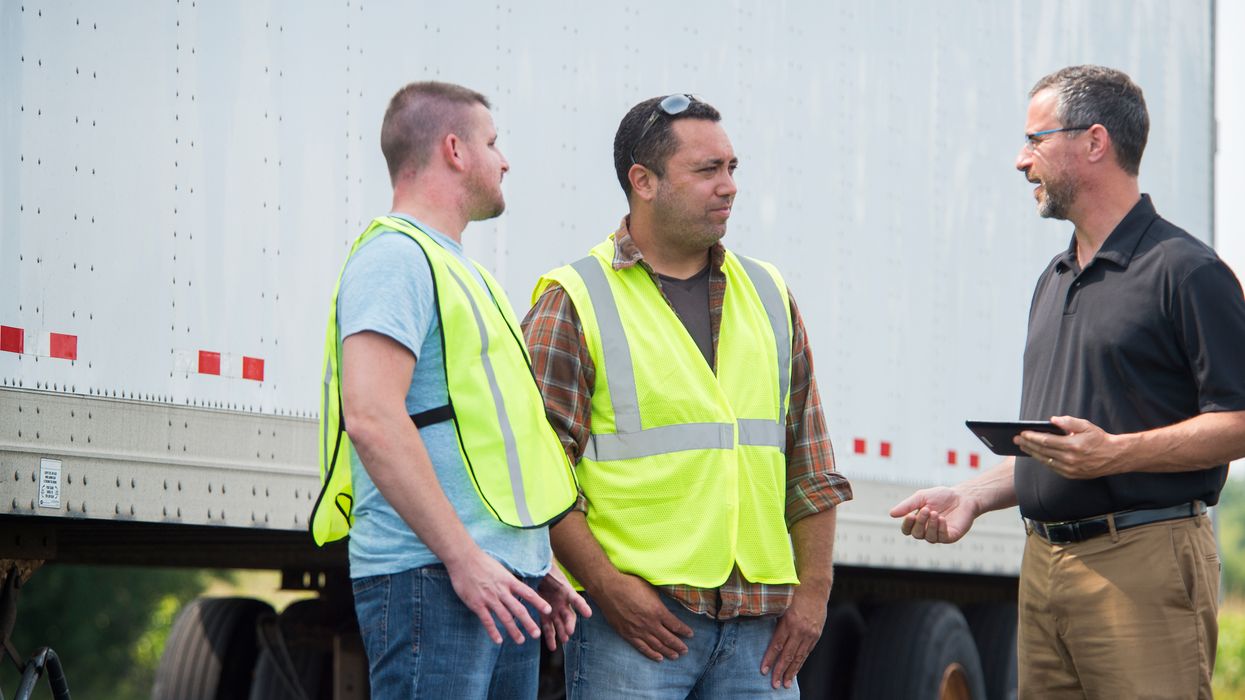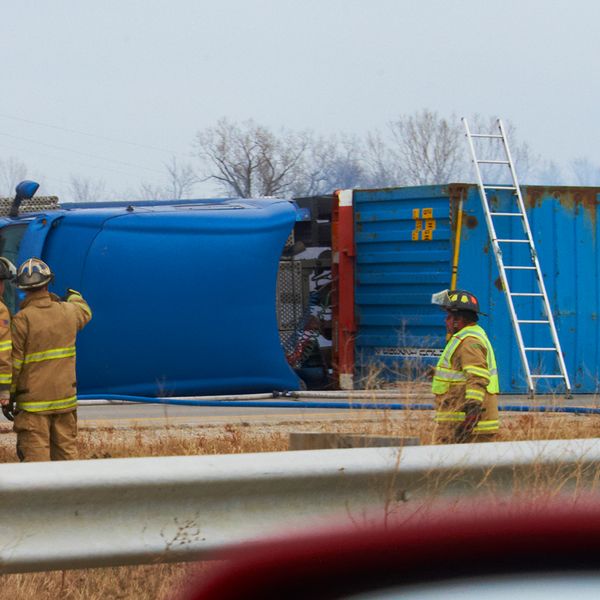Corral horseplay by promoting a safe work environment
“Horseplay” on the job can lead to injuries and accidents — even deadly consequences. For example, a tool tossed at or toward a coworker has the potential to injure or possibly kill.
Any injury at your motor carrier that meets the standard for recordability must be recorded on your OSHA 300 log, even if it’s the result of goofing around.
Define unacceptable behavior
Most employers would like their employees to bond and enjoy the work they do. But some social interactions, including horseplay, should be prohibited at your motor carrier by policy.
What types of interactions are defined as horseplay? Horseplay is behavior that puts the person or others at risk, such as roughhousing, practical jokes, pranks, and acting silly.
There are countless examples. A few to address might include:
- Running
- Chasing
- Pulling
- Throwing tools
- Driving forklifts recklessly
- Distracting those operating heavy machinery
- Hiding personal protective equipment
- Turning the lights off
All these activities have one thing in common. They distract employees or keep them from risks they may have otherwise seen.
Some workers pull pranks on new employees, and some of these interactions could border on workplace bullying. What may be amusing to the seasoned employee may instill fear in someone new to the company. A new worker may be hesitant to report new employee initiations out of fear of losing the newly acquired position or making the harassment worse.
Company policy and discipline: Necessary reins
Company policies should explain the motor carrier’s expectations regarding horseplay while on the clock or any time employees are on the premises or at a customer’s location.
A no-loitering policy for company buildings and company grounds by any person(s), including employees, may assist in limiting safety risks. Supervisors should be instructed to confront and question any off-duty employees observed loitering on company property. Employees — such as drivers waiting for dispatch or employees on break — should congregate in designated areas only.
Supervisors should remind employees that those engaging in horseplay are subject to disciplinary actions.
Supervisors play a role in preventing horseplay through:
- Communicating the dangers associated with jokes and other careless antics that get out of hand on the job, and
- Humanizing the situation by stressing the remorse that would be felt if a fellow employee is injured or killed due to thoughtless actions.
Key to remember: Most employees don’t expect or believe someone will be injured as the result of horseplay. So, it’s up to the employer to train employees and enforce company policies to reduce incidences.






















































